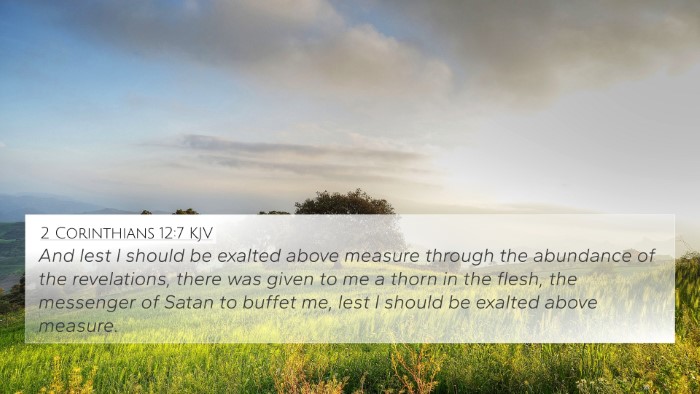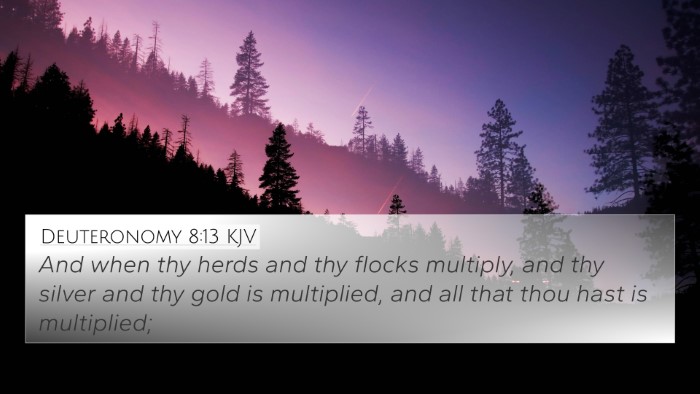Understanding 2 Samuel 24:2
In this passage, King David commands that a census be taken of Israel and Judah, reflecting on the significance of such an act from a theological perspective. Various public domain commentaries shed light on this verse, bringing forth multiple layers of understanding and interpretation.
Contextual Background
David’s desire to take a census may seem straightforward, but the implications are deeply spiritual and political. Matthew Henry notes that counting the people could indicate a lack of faith in God’s ability to protect and provide for them. Additionally, this census could be interpreted as a demonstration of pride or the king's reliance on military might rather than divine support.
Commentary Insights
-
Matthew Henry: Emphasizes the spiritual dangers associated with pride and self-reliance. David’s action reveals a heart turned from God, which can lead to divine judgment.
-
Albert Barnes: Suggests that the motivation behind the census may involve an administrative or military strategy, but highlights that it ultimately reflects David's earthly concern over faithful dependence on God.
-
Adam Clarke: Points out that conducting a census was not inherently wrong; however, the underlying motives must be examined. Clarke discusses the significance of accountability and stewardship in leadership.
Inter-Biblical Connections
This verse connects to numerous other biblical texts that address themes of faith, governance, and divine judgment. Below are relevant cross-references:
- Exodus 30:12: Discusses the instructions for taking a census of the Israelites, emphasizing atonement and God’s mandate.
- 1 Chronicles 21:1-2: Chronicles the same event but includes Satan’s involvement, indicating spiritual warfare behind David’s decision.
- Psalms 20:7: Illustrates the contrast between reliance on human strength versus trust in the Lord.
- Isaiah 31:1: Warns against seeking help from human resources instead of trusting in God amidst challenges.
- James 4:6: Highlights God's opposition to pride, encouraging humility and dependence on divine grace.
- Jeremiah 9:23-24: Reminds leaders not to boast in their wisdom or might but to understand and know God.
- Luke 14:31: Addresses the importance of accounting the cost when considering plans, much like David's situation.
- Proverbs 21:30: Reaffirms that ultimate plans cannot succeed without the counsel of God.
- Matthew 6:33: Encourages seeking God's kingdom first, contrasting the worldly desires reflected in David's actions.
- Romans 12:3: Addresses the need for humility and sober judgment in assessing oneself, which can be applied to David’s need for introspection.
Thematic Connections
The act of taking a census resonates with broader biblical themes such as the tension between divine authority and human action, the issue of pride, and the need for faith. Understanding these themes reveals how 2 Samuel 24:2 serves as a reminder of the importance of faithfulness and the perils of attempting to control outcomes through human means.
Conclusion
In summary, 2 Samuel 24:2 presents King David in a moment of vulnerability and misjudgment, eliciting significant theological reflection throughout biblical texts. The combined insights from prominent commentaries enable a deeper understanding of the implications of his actions, illustrating the necessity of relying on God rather than human wisdom. Through cross-referencing and examining related verses, one gains a more comprehensive view of the interconnectedness of scripture and the overarching narrative of faithfulness.
For those engaged in Bible cross-referencing and thematic Bible verse connections, 2 Samuel 24:2 serves as a vital point of study. This exploration highlights the complexity of biblical interpretation while encouraging readers to cultivate a heart aligned with divine wisdom and trust.
















